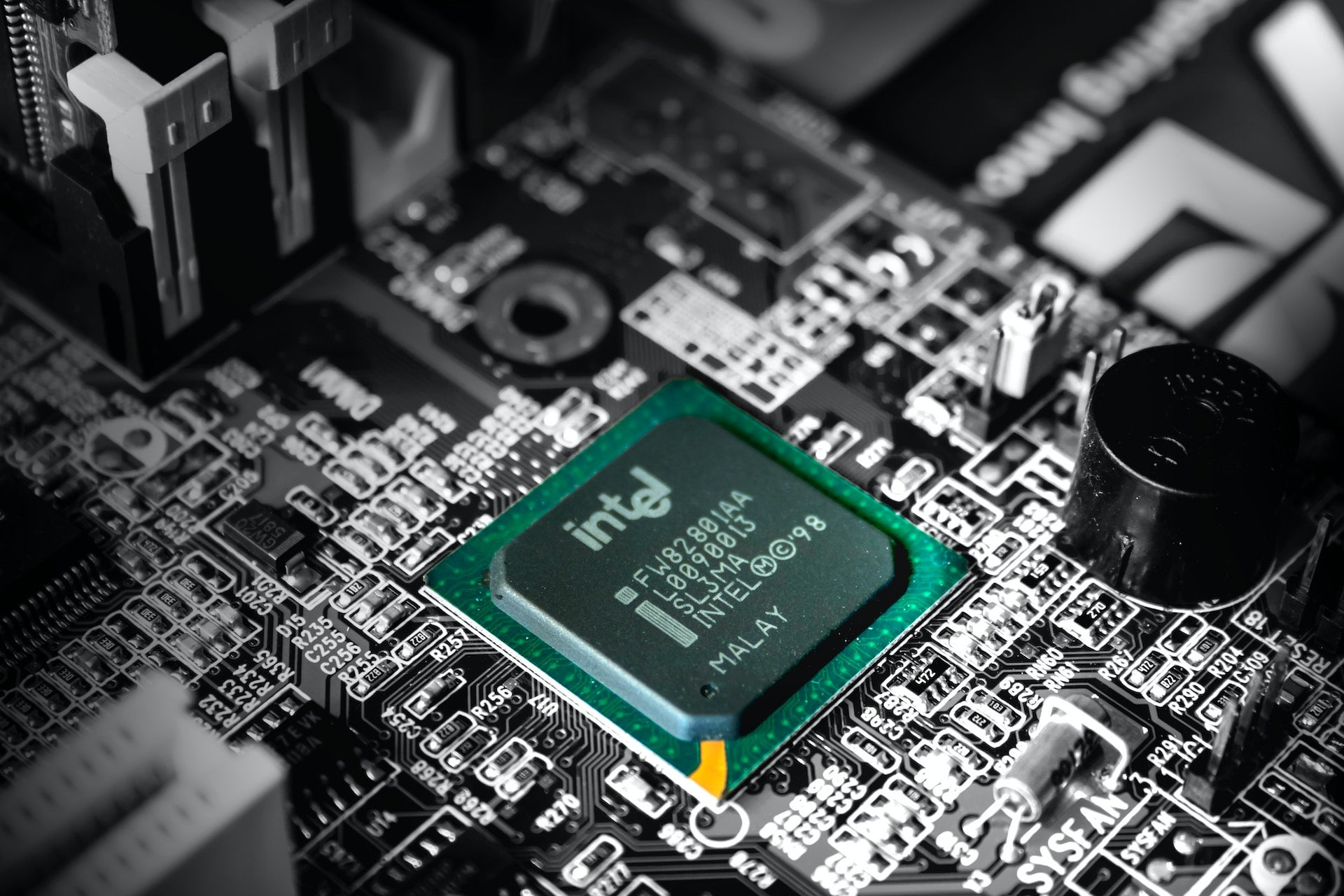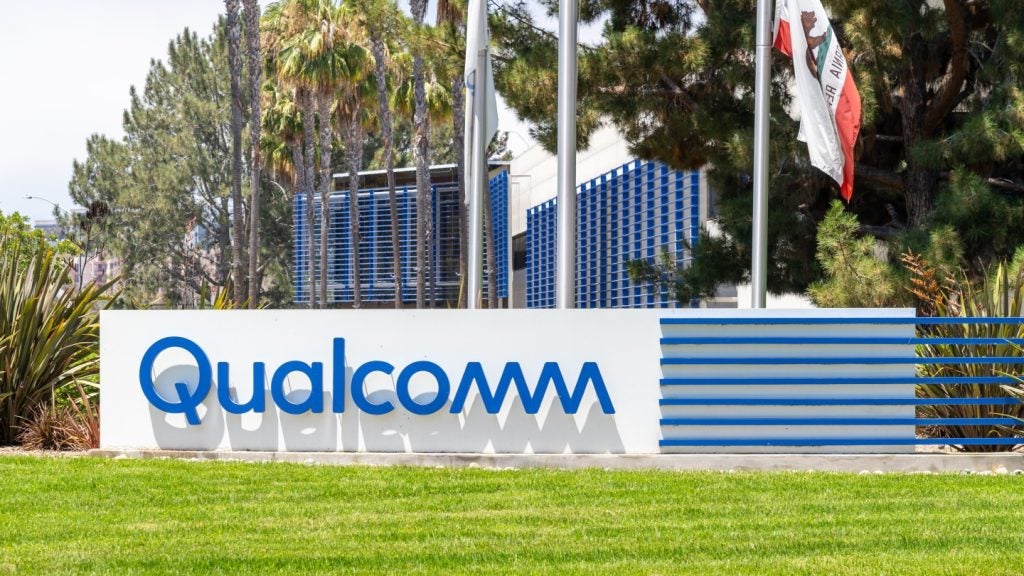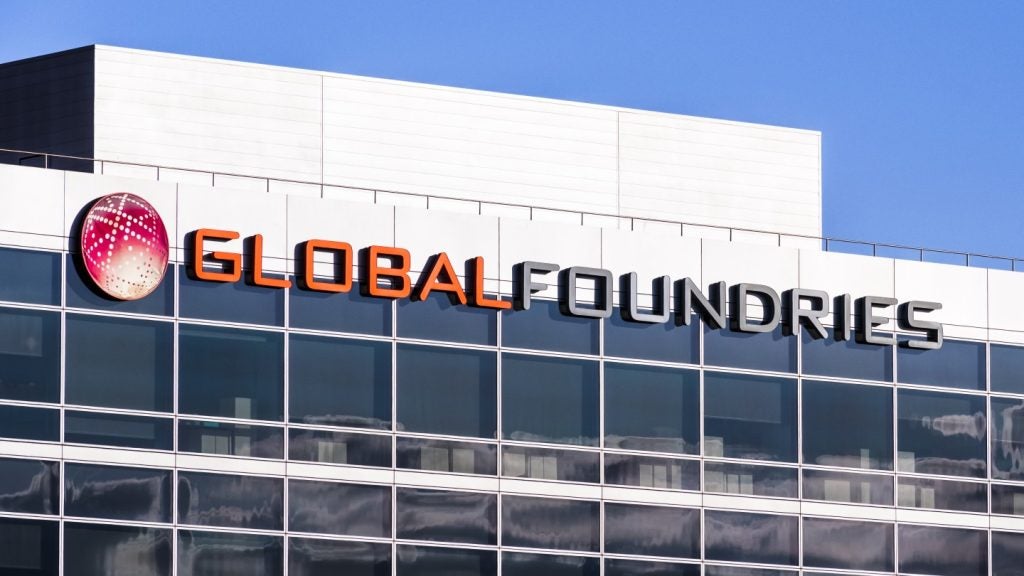
Intel is set to receive nearly €10bn ($10.95bn) in government aid to build a semiconductor manufacturing plant in Germany, reported Bloomberg, citing sources aware of the development.
The US-based chip maker plans to build a €17bn facility in eastern Germany’s Magdeburg.
Earlier, the German government offered €6.8bn for the plant but Intel sought more funding citing high construction and energy costs.
Now, the US company expects the project to cost up to €30bn, sources said.
According to one of the sources, negotiations on the subsidies will probably continue over the weekend, and an official announcement might come as soon as Monday 19 June.
Speaking at a press conference in Berlin, German Chancellor Olaf Scholz said: “It is good news that many companies are currently making big investment decisions with regard to the semiconductor industry in Germany.
“If all these plans become reality, a lot will come together here, and with some we are talking in detail.”
The news comes after it was reported that German Finance Minister Christian Lindner had declined Intel’s request for additional state aid.
Citing local newspaper Handelsblatt, Reuters reported that the additional funds will come from a budget under the responsibility of the German Economy Minister Robert Habeck.
The economic and financial ministries of Germany declined to comment, and Intel deferred to the German authorities for comment.
Along with Intel, several chipmakers are seeking government funding to establish chip facilities in Europe, including Wolfspeed in the US and a Taiwan semiconductor manufacturing company.







